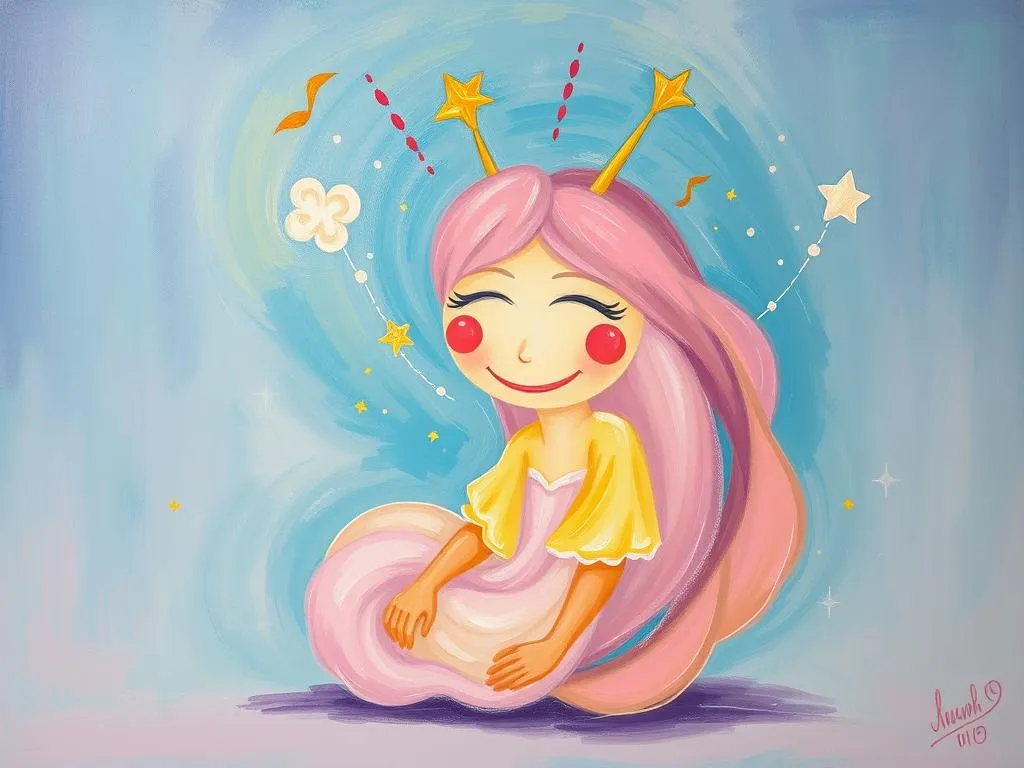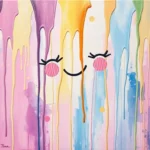
Have you ever woken up from a dream, your heart racing, only to realize it was just a fleeting figment of your imagination? Dreams can feel incredibly vivid, often leaving you with a mix of emotions—fear, joy, confusion, or even inspiration. They hold a mirror to our internal world, reflecting our thoughts, fears, and desires in ways we might not fully understand. Like a puzzle waiting to be solved, dream symbols can provide profound insights into our waking lives.
As we journey through this article, we will explore the meanings behind common dream symbols, reflect on personal experiences that resonate with your nightly adventures, and ultimately, guide you toward personal growth. So, let’s dive into the enchanting realm of dreams and uncover the wisdom they hold.
The Language of Dreams: Decoding Symbolism
Dreams often speak in a language of symbols, each representing a deeper truth about your waking life. Understanding these symbols can be an enlightening experience as you realize how they connect to your emotions, relationships, and life events. For instance, animals in dreams may represent different aspects of your personality or feelings about a situation. A lion could symbolize courage, while a snake might evoke feelings of betrayal or hidden fears.
Another common symbol is water, which often reflects your emotional state. Calm waters can signify tranquility and peace, whereas turbulent waters may indicate emotional upheaval or stress. Similarly, flying in dreams frequently represents a desire for freedom and escape. The sensation of soaring high above the ground can embody a longing to rise above challenges or to gain a new perspective on a situation.
Houses also play a significant role in dream symbolism. Different rooms can represent various facets of your psyche. For example, the basement might symbolize repressed memories or fears, while an attic could represent wisdom and insights gathered over time.
Keys often signify solutions or opportunities that are ready to be unlocked in your life. Dreaming of losing a key may reflect feelings of being stuck or unable to access certain areas of your life, while finding one might represent newfound insights or opportunities for growth.
Finally, vehicles in dreams can represent your journey in life. A car might symbolize your control over your direction, while a bus could indicate a collective experience or the influence of others in your life decisions.
Understanding these symbols is the first step in interpreting your dreams. They are not just random images; they are meaningful representations of your inner thoughts and feelings, waiting to be explored and understood.
Through the Dream Lens: Personal Narratives Unfolded
To deepen our understanding of dream symbolism, let’s explore a few scenarios that many people encounter in their dreams. Each story illustrates how these symbols manifest in various ways, shedding light on their potential meanings.
-
The Falling Dream: You find yourself plummeting into an abyss, the ground rushing up to meet you. This common experience can evoke feelings of anxiety or fear of losing control. In psychological terms, falling often signifies a fear of failure or feeling unsupported in your waking life. If this dream recurs, it might be time to assess areas where you feel overwhelmed or insecure.
-
The Ex-Partner Dream: You dream of an ex-lover, perhaps in a romantic embrace or a heated argument. This scenario may reveal unresolved feelings or a longing for closure. In many cultures, dreaming of a past partner symbolizes a need to reflect on past relationships and the lessons learned. It can also suggest that you are currently facing similar issues in your life that mirror those from your past.
-
The Naked Dream: You find yourself in a public space, completely unclothed, feeling exposed and vulnerable. This dream often signifies feelings of inadequacy or self-doubt. Culturally, being naked can represent a desire to reveal your true self or fear of judgment. It may be worth considering where in your life you feel judged or where you might be holding back your authentic self.
-
The Exam Dream: You sit in a classroom, staring at a blank sheet of paper, realizing you haven’t studied. This dream is a classic manifestation of anxiety about performance and self-evaluation. It may reflect the pressure you feel in your waking life, whether related to work, relationships, or personal expectations. It could be a gentle nudge to prepare yourself better or to confront your fears of inadequacy.
-
The Lost in a Maze Dream: You wander through a labyrinth, unsure of where to go next. This dream symbolizes confusion and the feeling of being trapped in your waking life. It can represent a situation that feels overwhelming, where decisions seem clouded. It is a call to seek clarity and guidance, reminding you that it’s okay to ask for help when you feel lost.
These scenarios illustrate how common dream symbols can resonate with our personal experiences. By reflecting on these narratives, you can uncover the feelings and challenges that may be surfacing in your life.
Awakening the Self: Using Dreams for Personal Growth
As we navigate the intricate landscape of our dreams, it’s essential to consider how these experiences can foster personal growth. By understanding and embracing the messages from our dreams, we can cultivate awareness and make meaningful changes in our lives.
One powerful way to engage with your dreams is through journaling. Keeping a dream journal allows you to capture the details of your dreams upon waking, creating a valuable resource for reflection. Over time, patterns may emerge, offering insights into your emotional state and life circumstances. Additionally, you can explore recurring symbols and themes, gaining a deeper understanding of your subconscious mind.
Another beneficial practice is meditation. By quieting the mind and tuning into your inner self, you can create space for intuitive insights to emerge. This practice can help you connect with the emotions and thoughts that arise in your dreams, leading to greater clarity about your waking life. Visualization techniques can also enhance this process, allowing you to imagine yourself within your dream scenarios, exploring the emotions and ideas that surface.
Furthermore, consider sharing your dreams with trusted friends or a therapist. Discussing your dreams can provide fresh perspectives and insights that you may not have considered. Engaging in dialogue about your dreams can also foster deeper connections with others, as you explore the shared human experience of dreaming.
Finally, take time to reflect on your emotions associated with your dreams. What feelings linger after you wake? Are there fears, desires, or unresolved issues that emerge? Acknowledging these emotions is a crucial step in your journey toward self-discovery and personal growth.
In conclusion, dreams are not merely random assortments of images; they are powerful messengers from the depths of our subconscious. By embracing the symbolism within our dreams, exploring our personal narratives, and fostering growth through reflection and dialogue, we can unlock the wisdom they hold. Remember, every dream is an invitation to explore your inner world, a chance to grow and evolve.
As you continue to unravel the mysteries of your dreams, keep this reflection in mind: the most profound journeys often begin in the quiet corners of our dreams, where our true selves are waiting to be discovered.







